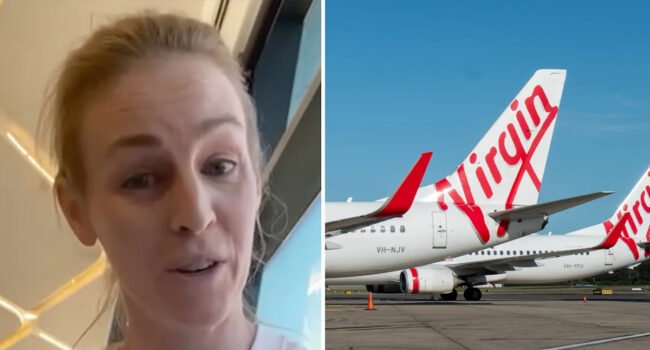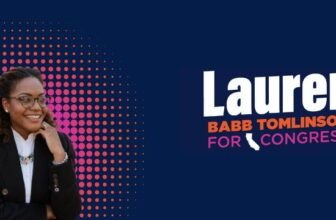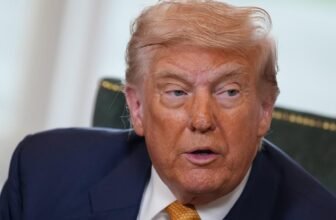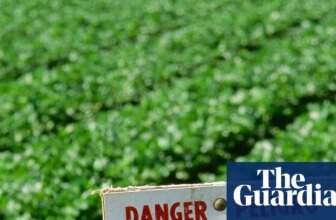With a nationwide social media ban for children looming, we’ve heard a bit more about how platforms will restrict banned teens.
Governments and tech firms worldwide are closely watching Australia’s effort to become the first country to block use of social media by those younger than 16, starting from December.
“eSafety recommends the most minimally invasive techniques available,” the internet watchdog said in its guidance for firms to comply with the law passed in November.
Social media platforms are not required to conduct blanket age-verification as firms can use existing data to infer age reliably, eSafety Commissioner Julie Inman Grant said.
“We know that they have the targeting technology to do this,” she told a media briefing.
“They can target us with deadly precision when it comes to advertising, certainly they can do this around the age of a child.
“Adults should not see huge changes … it would be unreasonable if platforms re-verify everyone’s age.”
TikTok has previously indicated it can identify a child with biometrics in just three seconds, Grant said.
Federal Communications Minister Anika Wells urged “reasonable steps” by social media companies to detect and deactivate underage accounts, to prevent re-registration and provide an accessible complaints process for their users.
“We cannot control the ocean, but we can police the sharks and today we are making clear to the rest of the world how we intend to do this,” Wells told reporters.
There was no excuse for non-compliance, she added, as the platforms had the capability to do so, ranking among the world’s biggest and best-resourced companies.
With Reuters









